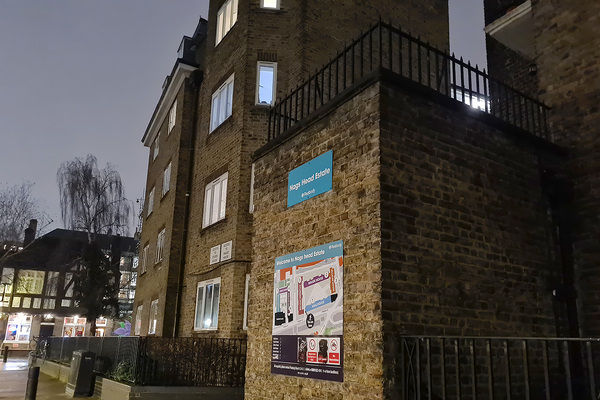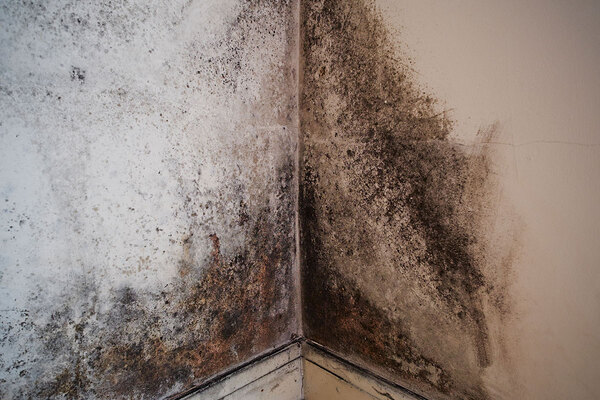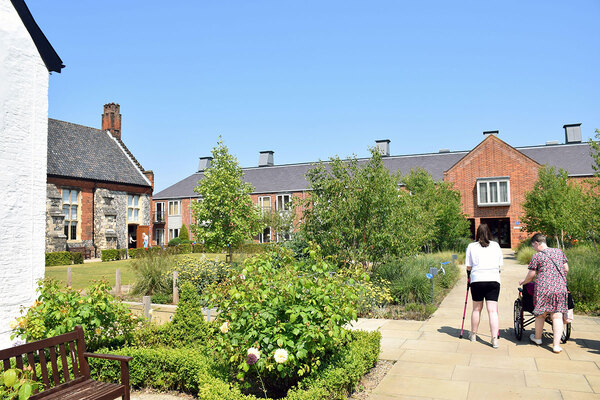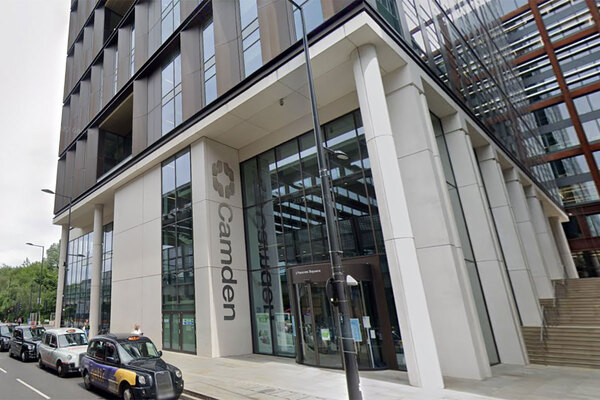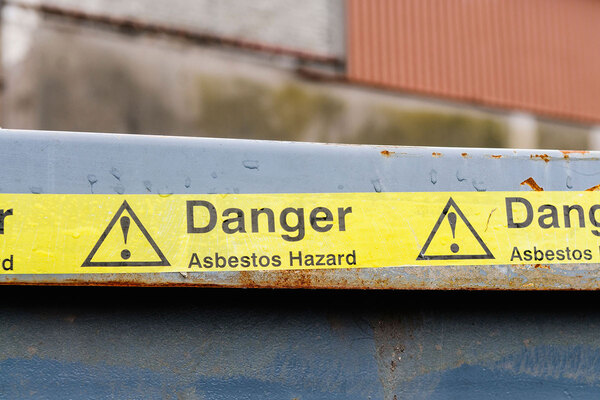What does it mean to have a housing secretary who truly understands the impact of poor-quality housing?
Angela Rayner has the opportunity to ensure that no one is forced to live in the terrible housing that shaped her childhood, writes Carole Easton, chief executive of the Centre for Ageing Better
The new secretary of state for housing, communities and local government knows better than most the worst aspects of living in poor-quality housing.
Brought up on a Stockport housing estate in the 1980s, the MP’s childhood was characterised by significant deprivation.
She has described a home with concrete floors, threadbare carpets and an immersion heater that never went on because it was too expensive.
Instead, Ms Rayner and her family would walk 1.5 miles to their nan’s flat to have their weekly bath.
Her background also gives some indication of how living in such a home, which she has described as a tip, affects an individual’s health. She and her siblings were covered in dog fur, with ‘tidemarks’ of dirt visible on their skin.
Undoubtedly, growing up in such poverty shapes you. Ms Rayner has repeatedly said she entered politics to help transform the prospects and opportunities for people who grew up, or who are growing up, in the same conditions she did.
Now, as the secretary of state, she finally has that opportunity.
There is no shortage of people living in those same poor-quality homes of Ms Rayner’s childhood.
“In Labour’s manifesto, the party pledged to invest an extra £6.6bn over the next parliament to improve the energy efficiency of British homes – doubling the existing planned government investment”
Eight million people live in 3.7 million non-decent homes in this country: homes that are in disrepair, unsanitary, have outdated sewage facilities, have electrical or fire hazards and which do not meet basic legal health and safety standards. Homes that don’t feel homely. Homes that cause harm to their occupants’ health.
The majority of these people will remain in poor-quality housing for years to come unless there is significant government intervention.
Labour has already indicated that housing, and in particular housing quality, will be a key priority for this new government.
The recent King’s Speech referenced the proposed Renters’ Rights Bill, which would apply a Decent Homes Standard to the private rented sector to ensure homes are safe, secure and hazard free.
It also mentioned applying Awaab’s Law to the sector. This would set clear legal expectations about the timeframes within which landlords must make homes safe where they have serious hazards.
In Labour’s manifesto, the party pledged to invest an extra £6.6bn over the next parliament to improve the energy efficiency of British homes – doubling the existing planned government investment.
If delivered, these promises will make a significant difference. But they will still only go so far, and there is more that urgently needs to be done.
We have some of the least energy-efficient homes in Western Europe. So it is right to prioritise energy efficiency.
But ineffective insulation and heating are just two reasons why a home could be classed as non-decent, and account for only around a third of the dangerous hazards identified in our nation’s housing stock.
Improvements to the rights of tenants that will help to drive up housing quality in the private rented sector are overdue, but there are more than two million owner-occupiers living in non-decent homes who won’t benefit.
“Ineffective insulation and heating are just two reasons why a home could be classed as non-decent, and account for only around a third of the dangerous hazards identified in our nation’s housing stock”
The missing piece of the puzzle is a policy that goes beyond energy efficiency or just one sector, but is all-encompassing, to ensure wide-ranging support for everyone living in dangerous homes.
At present, too many people feel trapped in homes they know are making their health, and the health of their family, worse.
At Ageing Better, we believe a national strategy is desperately needed to join up efforts across government departments, including health, housing and net zero, to improve unsafe homes.
This should be supported by the establishment of a national network of local one-stop shops called Good Home Hubs.
These would offer advice on home repairs and adaptations, including where to find trusted tradespeople, identifying what work needs to be done, and how to finance repairs and improve energy efficiency.
Given the size of their majority, many are predicting at least two terms for this Labour government.
With sufficient ambition and the right approach, Ms Rayner could halve the number of dangerous homes in this country in that timeframe.
With even greater focus and more resources, she could ensure that the type of home in which she grew up becomes a relic of the past.
Carole Easton, chief executive, Centre for Ageing Better
Sign up for our asset management newsletter
Already have an account? Click here to manage your newsletters


